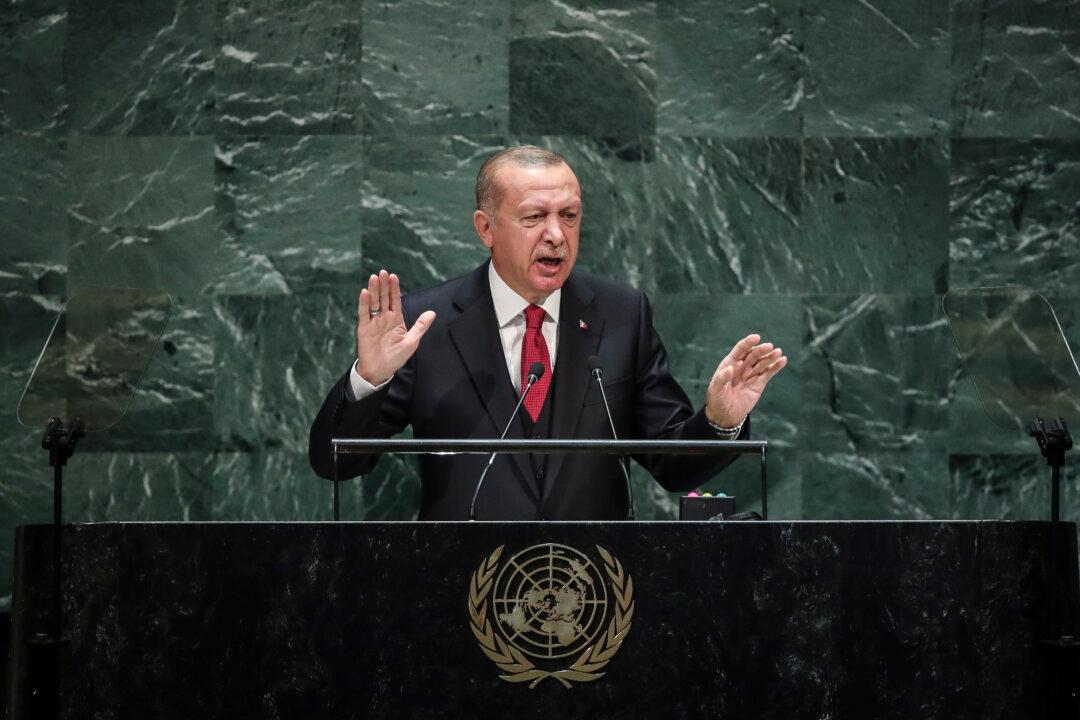News Analysis
NEW DELHI—Turkey is seeking to gain credibility in its bid for a global caliphate by championing the cause of Muslims in Kashmir, a region divided between India and Pakistan.


NEW DELHI—Turkey is seeking to gain credibility in its bid for a global caliphate by championing the cause of Muslims in Kashmir, a region divided between India and Pakistan.